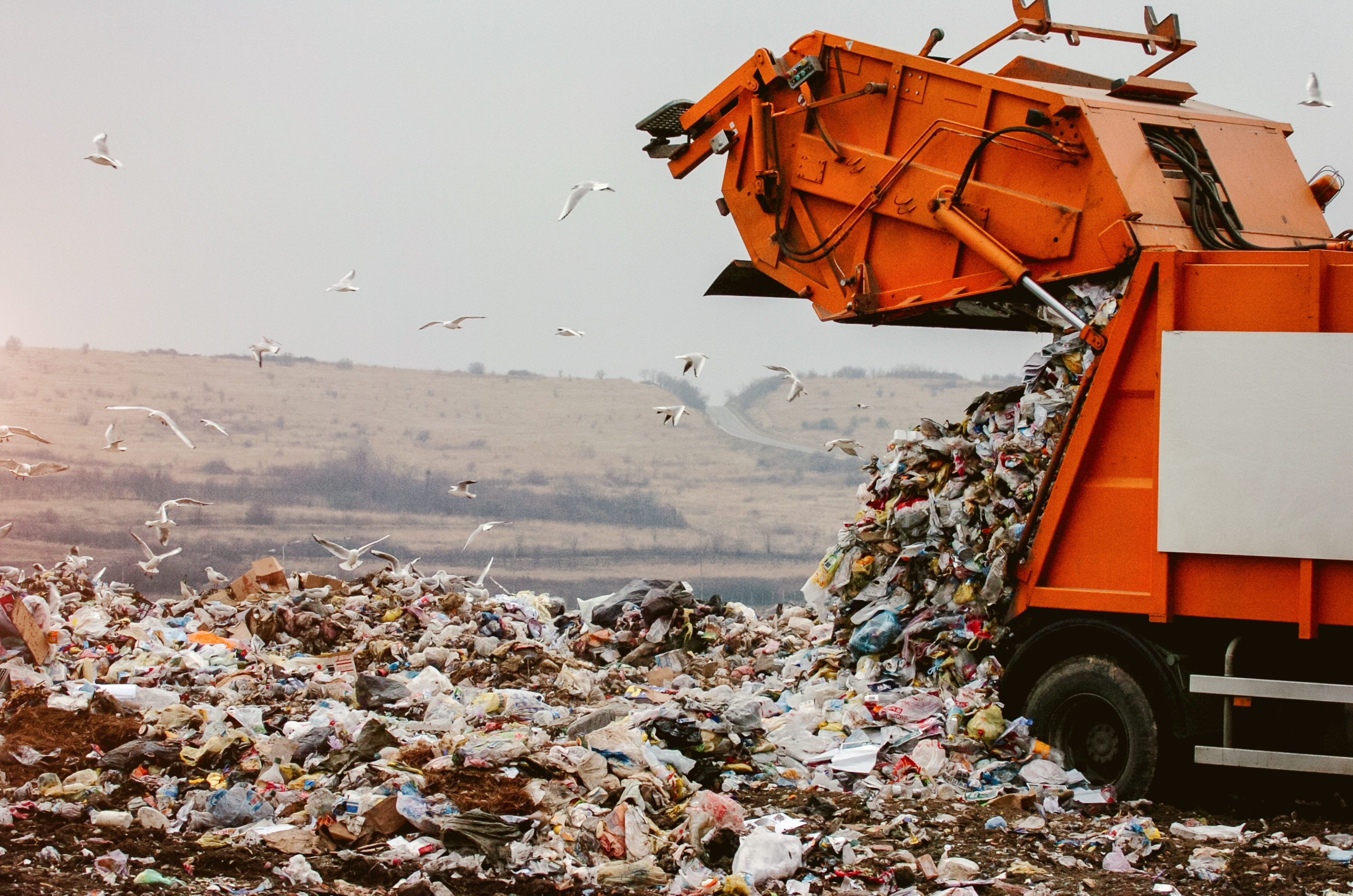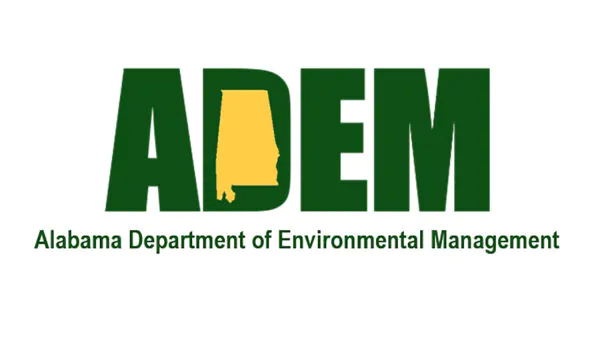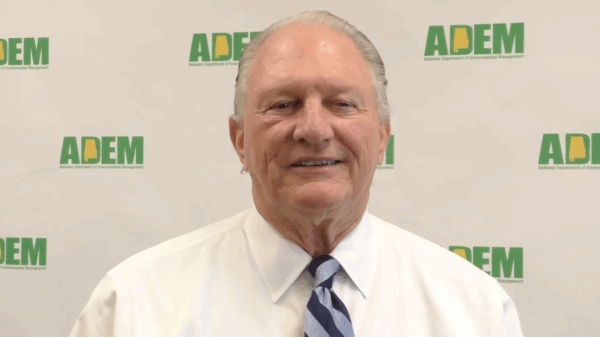Tuesday, the Alabama House of Representatives passed a bill to change the statutory definition so that temporary “cover” in landfills can be a material other than “earth.” Earth is also known as soil or just dirt.
House Bill 140 is sponsored by State Representative Alan Baker (R-Brewton).
Rep. Baker said that all the bill does is allow the use alternative daily cover in solid waste disposal landfills.
“The EPA has allowed this since 1979,” Baker said. It would save landfills the cost of using earth for daily cover.
Rep. Thomas Jackson (D-Thomasville( said, “Everything has been deregulated since 2016. We used to have very good EPA rules.”
“This does not change anything in the operating rules for landfills,” Baker said. Alternative covers could be limbs and debris, demolition waste, incinerator waste, etc.
Alternative daily cover is often described as cover material other than earthen material placed on the surface of the active face of a municipal solid waste landfill at the end of each operating day. It is utilized to control vectors, fires, odors, blowing litter, and scavenging. Federal and various state regulations require landfill operators to use such earthen material unless other materials are allowed as alternatives. (Mitchell Williams writing on Oct 31 in JDSUPRA)
Soil cover can use valuable air space. Further, it can generate the need to excavate and haul soil to the facility. Alternative daily covers are often advocated to be a more efficient and cost-effective means of cover. (Williams)
Baker said that it would be up to ADEM (the Alabama Department of Environmental Management) in the permit whether to allow a proposed alternative cover or not.
Jackson asked. “There is a lot of old buildings being demolished and a lot of them have asbestos. What is to keep that from leaching into the earth and the groundwater?”
“This bill does not address any of your concerns,” Baker said. “Cover is there to keep odors down, keep it from blowing and from keeping rats and other pests out.”
Rep. Kyle South (R-Fayette) said, “Thank you for taking the time to share my concerns with you. My concern is the list of materials that could be used as cover. You know that in Jefferson County we have had some major issues with material not being used as cover properly.”
Baker said, “This bill does not change any of the materials used as cover?”
South asked, “How many landfills use biosolids as cover.”
Baker answered, “As far as I know, zero.”
“This would keep us from having to use that good earth in landfills when other materials are available. If it becomes a nuisance ADEM can revoke a cover on the permit. Daily cover has to be approved at the discretion of ADEM.”
Rep. Matt Simpson (R-Daphne) said, “Thank you for bringing the bill and cleaning up some of the language to make it more effective for the people of Alabama.”
Baker said, “Demolition material could be sheetrock could be a demolished lumber, plywood, many number of things.”
Rep. Mary Moore (D-Birmingham) said, “I think in the long run earth would be better. This is not the solution that we need.”
“In Jefferson County we have Human waste coming in in poop trains,” Moore said. “I can’t even foresee how the temporary layering would work.
Baker said, “This has been in place for three decades. This is already in place.”
Moore replied, “Its not working and ADEM knows its not working. I don’t think it needs to be codified. We need to go back and look at alternative. I have several landfills in my district.”
“Regardless of the cost of earth it might be the best solution,” Moore said.
Baker responded, “Earth is an excellent covering, but there are alternatives that can work as well.”
Rep. John Rogers (R-Birmingham) asked, “What about that poop train that is coming in to Jefferson County.”
Baker said, “This is not something that is part of this bill.”
“I don’t trust ADEM anymore considering what happened in North Birmingham,” Rogers said. “They can cover with household waste.”
Baker said that only materials not constituted as a risk to health or are not a hazard can be used.
Rep. Pebblin Warren (D-Tuskegee) said, “It is upsetting to me that so many of these landfills have located in Black communities.”
An amendment by Warren was tabled 55 to36.
This was a topic in an October 11, 2019 case before the Alabama Court of Civil Appeals.
Three individuals (collectively, “Smith”) challenged in Montgomery Circuit Court ADEM’s rules allowing the operators of the Stone’s Throw Landfill in Tallapoosa County to use at least one material other than earth as alternative daily cover.
The Court of Civil Appeals ruled in October that ADEM had exceeded its mandate by allowing the landfill operator to use “alternative covers” when Alabama law expressly says that landfills must cover their waste every day with “earth.”
HB140, if passed, would address this oversight in the Alabama legal code so that ADEM and the landfills can legally continue to operate as they have for decades.
A Senate version of the same bill received a favorable report on Wednesday from the Fiscal Responsibility and Economic Development Committee.
The House is expected to resume debate on HB140 on Thursday.























































